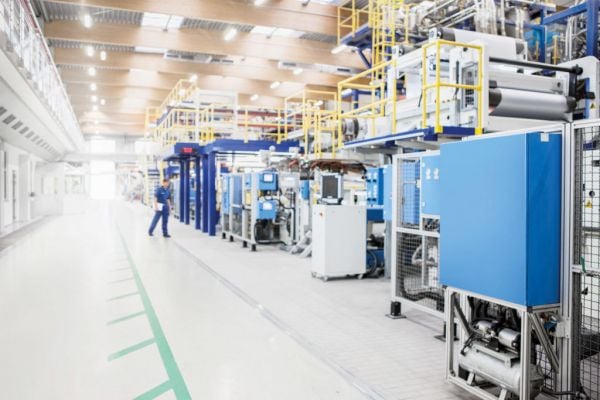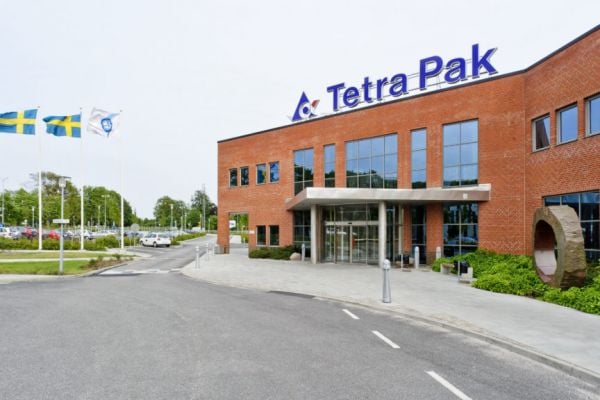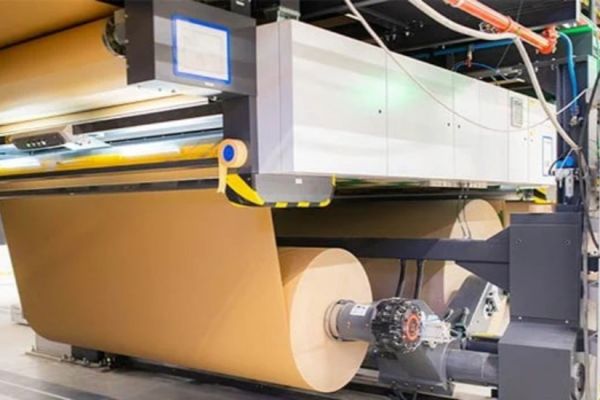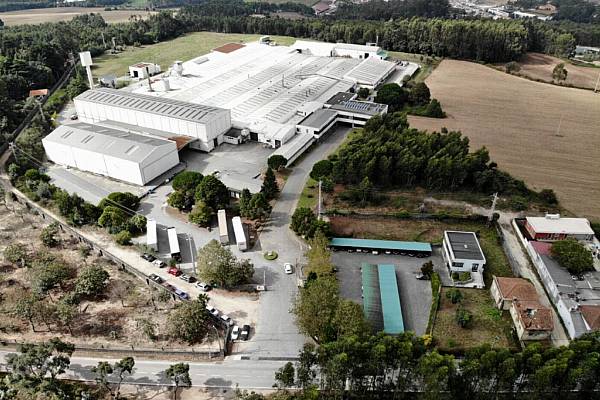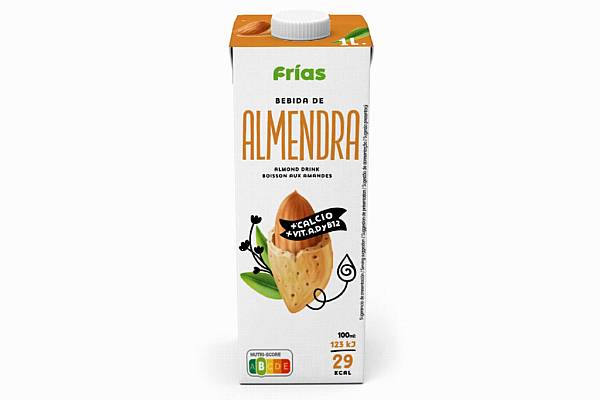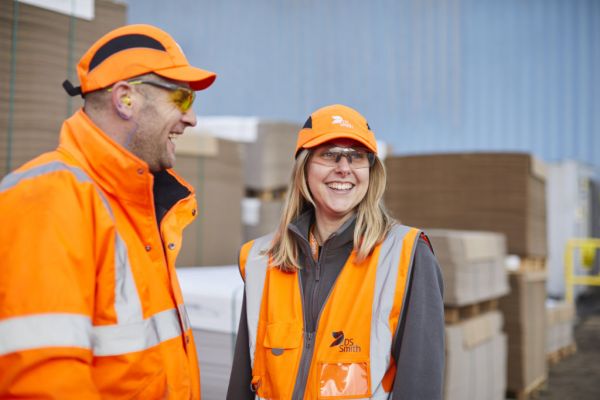Packaging company SIG Combibloc has announced that it has set a new climate target aimed at limiting global warming to 1.5°C.
The 'ambitious' target places the company among an elite group of organisations that are leading the efforts to reduce greenhouse gas emissions in line with the global Paris Agreement.
The company also added that it is one of the first in its sector to attain the approval of the Science Based Targets Initiative (SBTi) for this target.
So far, around 300 companies have their climate targets approved by the SBTi, with fewer than 100 approvals for the 1.5°C goal.
'Accelerate Climate Action'
Ian Wood, chief supply chain officer of SIG, said, "It is clear the world urgently needs to reduce global greenhouse gas emissions to tackle the harmful effects of climate change.
"SIG's new target will accelerate climate action to dramatically cut our emissions and enhance our contribution to a lower-carbon food supply system."
Its new goal compresses the timeline to achieve a 60% reduction in Scope 1 and 2 emissions by 10 years compared to its previous target of keeping global warming below 2°C.
The packaging company will focus on renewable energy to achieve this target. It has already switched to 100% renewable electricity for global production.
It is exploring opportunities to expand its on-site renewables, such as rooftop solar array in Thailand.
Other Initiatives
The company has also pledged to reduce greenhouse gas emissions from its value chain by 25% per litre of packaging, by 2030.
This target includes scope 1, scope 2 and scope 3 emissions from purchased goods and services, use of sold products, and end-of-life treatment, the company said.
Independent lifecycle assessments have revealed that SIG’s aseptic beverage cartons have a 28% to 70% lower carbon footprint than alternative packaging, such as plastic and glass bottles, pouches, and cans.
© 2020 European Supermarket Magazine – your source for the latest retail news. Article by Dayeeta Das. Click subscribe to sign up to ESM: The European Supermarket Magazine.
